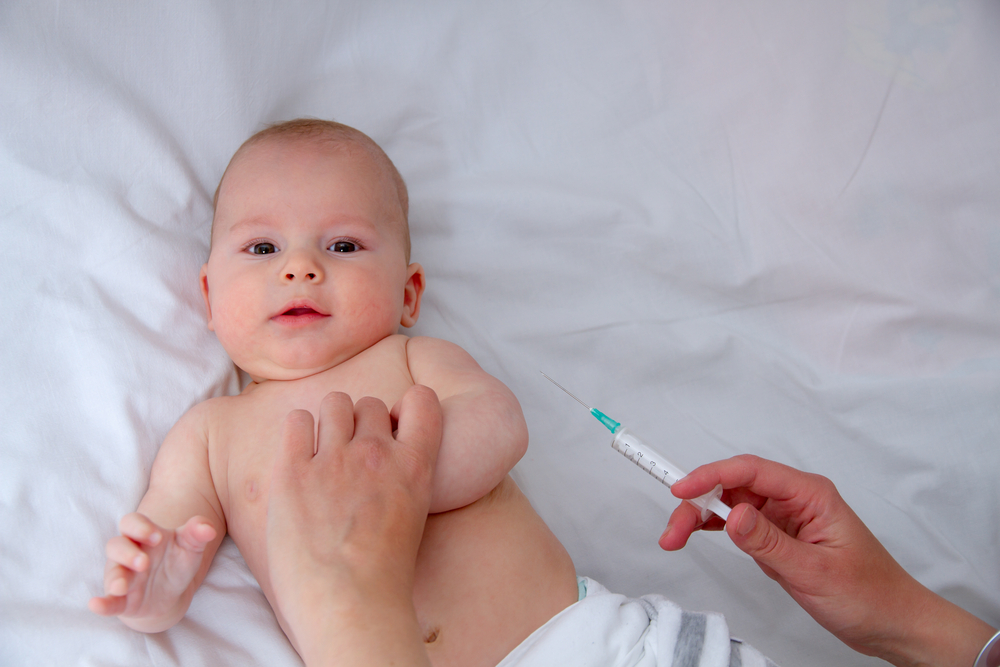It tracked the health of the children for two decades, and the results are hoped to help fight the widespread misinformation regarding vaccines.
Others are reading now
It tracked the health of the children for two decades, and the results are hoped to help fight the widespread misinformation regarding vaccines.
What is happening?

A massive new Danish study—described as the most comprehensive of its kind—has confirmed the safety of the national childhood vaccination program.
With data from over one million children, researchers found no increased risk of conditions such as autism, asthma, or autoimmune diseases among vaccinated children.
No Link Between Vaccines and Childhood Health Issues

The study, led by Dr. Niklas Andersson of the The State’s Serum Institute (SSI), examined whether vaccines containing small amounts of aluminum were associated with 50 different health conditions in childhood. The result? No signs of harm.
“Our findings are reassuring,” said Dr. Andersson. “There’s absolutely nothing to suggest that these minimal amounts of aluminum increase health risks.”
Also read
Aluminum in Vaccines: A Longstanding Practice

Tiny amounts of aluminum have been used in some vaccines since the 1930s as an adjuvant—a substance that boosts the body’s immune response.
Despite decades of safe use, aluminum has recently become a focal point in vaccine misinformation campaigns. This study puts those concerns to rest with hard data.
A Study Spanning Over Two Decades

Researchers tracked children born in Denmark between 1997 and 2018, using national health registers to monitor medical outcomes over time.
The sheer scale of the data and length of the follow-up period make the study uniquely robust.
Conditions examined included allergies, neurological disorders, developmental delays, and autoimmune diseases.
Also read
Timely Findings Amid Vaccine Misinformation

The release of this study comes at a critical moment globally, as misinformation and skepticism surrounding vaccines continue to spread.
The Danish findings serve as a timely scientific counterbalance to anti-vaccine narratives that often rely on anecdotal or misleading claims.
A Vital Tool in the Fight Against Misinformation

Anders Hviid, head of department at SSI and lead investigator on the study, emphasized its importance:
“In an era dominated by vaccine misinformation, we need to rely on solid scientific evidence. Large, population-based studies like this help defend public health against politicized narratives.”
Science vs. Politics: Why Evidence Matters

Hviid cautioned against the dangers of blurring the line between politics and science.
Also read
“If we fail to separate real science from politically driven campaigns, we risk undermining public trust in vaccines—and that puts children at risk,” he said.
A Model for Global Public Health Research

This Danish research serves as a model for how other countries might assess the safety of their vaccination programs.
Its findings not only support national health policy but also contribute to the global conversation on vaccine safety with high-quality evidence.
Want to read more?

The study has been published in Annals of Internal Medicine and is called:
Andersson NW, Bech Svalgaard I, Hoffmann SS, et al. Aluminum-adsorbed vaccines and chronic diseases in childhood. A nationwide cohort study. Ann Intern Med. 15 July 2025.


